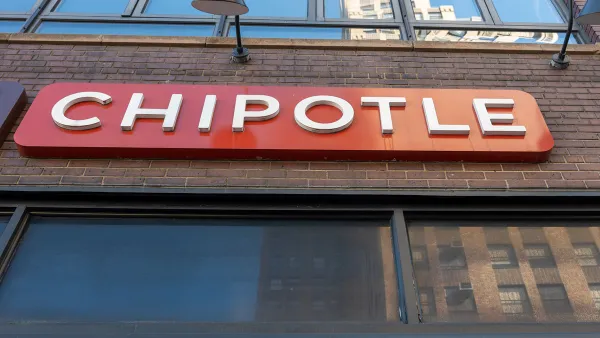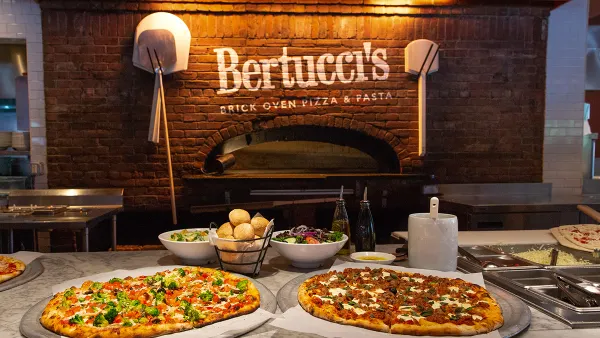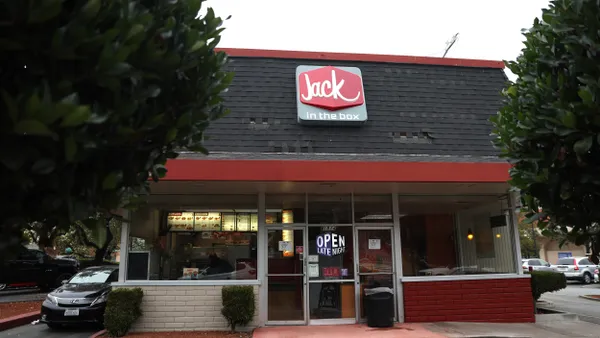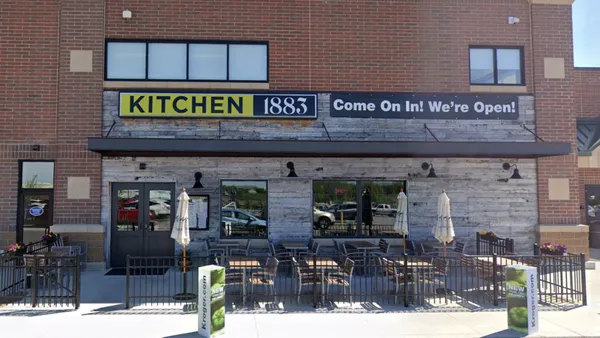Shareholders at Amazon, Yum Brands and Restaurant Brands International recently rejected proposals that requested the companies report on their plastic packaging use and reduction plans.
During Yum’s May 18 meeting, 36.9% of the overall vote supported a resolution backed by As You Sow. During RBI’s May 23 meeting, 36.8% supported a similar resolution. Each resolution described the companies as “part of a wasteful ‘to go’ packaging culture” and said they needed to do more to stem plastic production and pollution.
Yum — which owns brands such as KFC, Pizza Hut, Taco Bell and the Habit Burger Grill — pointed to plans announced in 2022 as one of multiple reasons why it opposed the resolution. The company said it planned to soon remove expanded polystyrene foam across all brands, as well as eliminate “unnecessary plastics” and reduce virgin plastic content by 10% by 2025.
RBI — which owns Burger King, Tim Hortons, Popeyes and Firehouse Subs — opposed the proposal for similar reasons, noting 2019 estimates that about 86% of the packaging material in its portfolio is fiber-based. The company said it phased out EPS foam at Burger King and Popeyes during 2022, and was taking various other steps to test or expand materials that were recyclable and contained higher levels of recycled content.
McDonald’s recently agreed to release a report on its plastic use by next year, following an agreement with As You Sow to withdraw a similar resolution. A vote on a similar proposal was unsuccessful in 2022.
At Amazon’s May 24 meeting, 32.3% of votes (excluding abstentions and broker non-votes) backed a resolution supported by shareholder advocacy nonprofit As You Sow that said the e-commerce giant was “falling behind” plastic reduction targets set by other major companies such as Unilever, Walmart, Target and Ikea. A related shareholder resolution also didn’t pass at the company’s annual meeting last year.
The resolution called on Amazon to quantify the total weight of plastic packaging it uses, evaluate potential risks of not making further reductions and describe “any planned reduction strategies or goals, materials redesign, transition to reusables, substitution, or reductions” related to such packaging. Amazon said that was not needed because it had reduced the weight of packaging per shipment by 38% since 2015, and reduced the average plastic packaging weight per shipment by more than 7% during 2021. The company also pointed to its progress in using recycled content, among other areas.
Kroger shareholders will assess a similar proposal at their own meeting in June, as will shareholders at Constellation Brands during a meeting that has not yet been scheduled.














